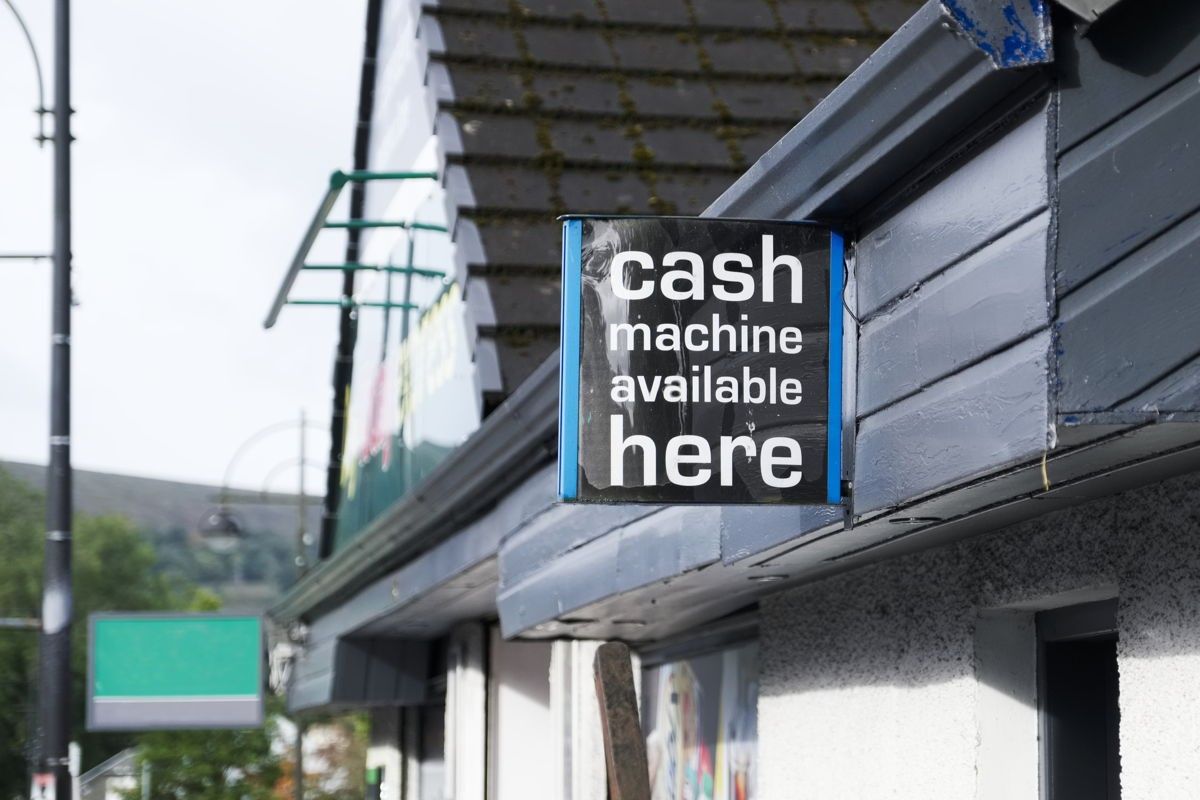New rules from the Financial Conduct Authority (FCA) to protect access to cash came into force on 18 September and the regulator said they are already having a positive impact in local communities.
Since the rules were confirmed in July, LINK, which manages the UK’s cash access and ATM network, has reassessed the needs of local areas where banking services are changing.
As a result of this, FCA revealed that 15 communities, which had not previously been assessed as needing a banking hub, will now get one, six communities will now have an ATM at their banking hub and six areas will get an automated deposit service or enhanced Post Office.
Existing services will not be removed before the replacement services are in place. These changes are a direct result of the new rules.
Under the rules, banks and building societies must assess whether changes to local services, like closing branches or cash machines, leave local communities lacking ways to take out or pay in cash.
Additionally, residents, businesses, local representatives and charities who feel there is a gap in cash access can request a review. Charities or local groups will be able to share a collective view of community needs, including the most vulnerable residents and businesses which rely heavily on cash.
LINK will then have 12 weeks to do an assessment which examines whether there are gaps in the ability to deposit and withdraw cash. If there are significant gaps, banks and building societies will need to deliver additional cash services to meet the local area's needs. These could include banking hubs, cash machines, deposit ATMs and Post Office facilities. The FCA will use data to oversee how the rules are working in practice.
“The way we spend money is changing, and far fewer of us use cash day-to-day. We don’t want to stand in the way of change, but we do want to ensure reasonable access for those who continue to rely on cash. Our new rules are already having an impact, protecting vital services for communities across the country,” Sheldon Mills, executive director for consumers and competition at the FCA, said.
The FCA’s 2022 Financial Lives Survey found that, while digital payments are popular, 3.1 million adults still use cash for everyday payments. The new rules are intended to ensure that individuals and businesses who rely on cash can continue to access it.


